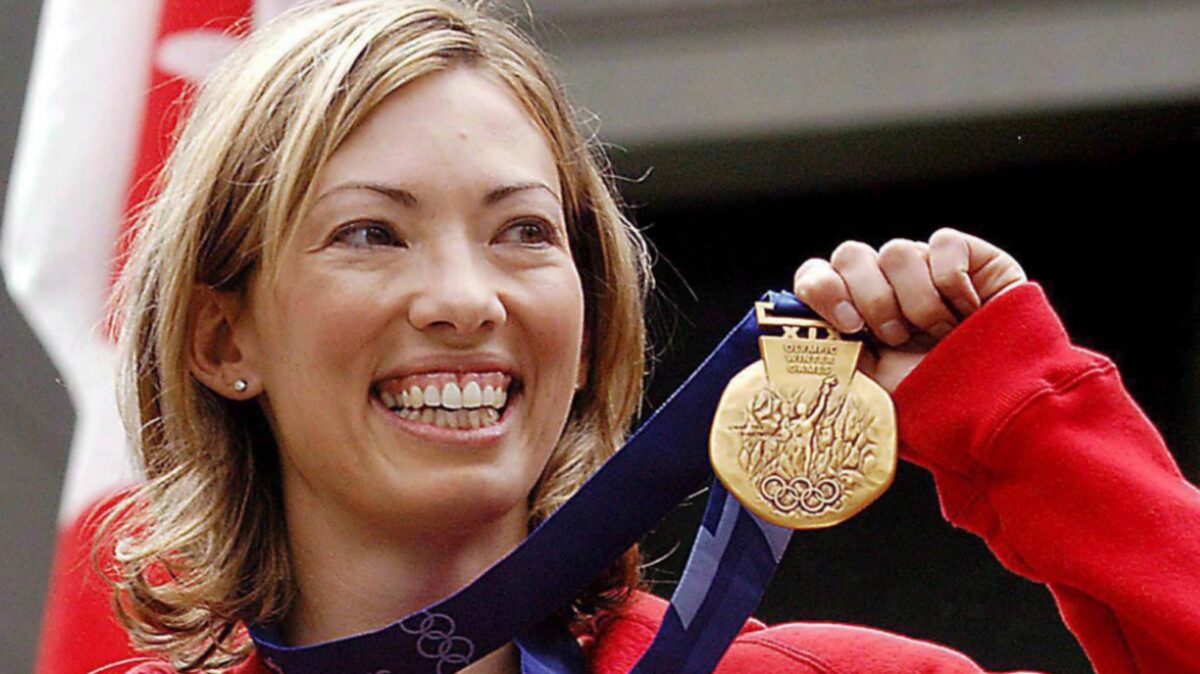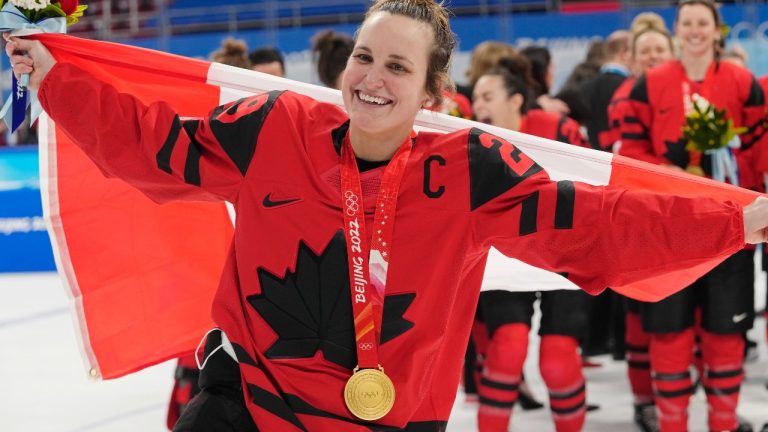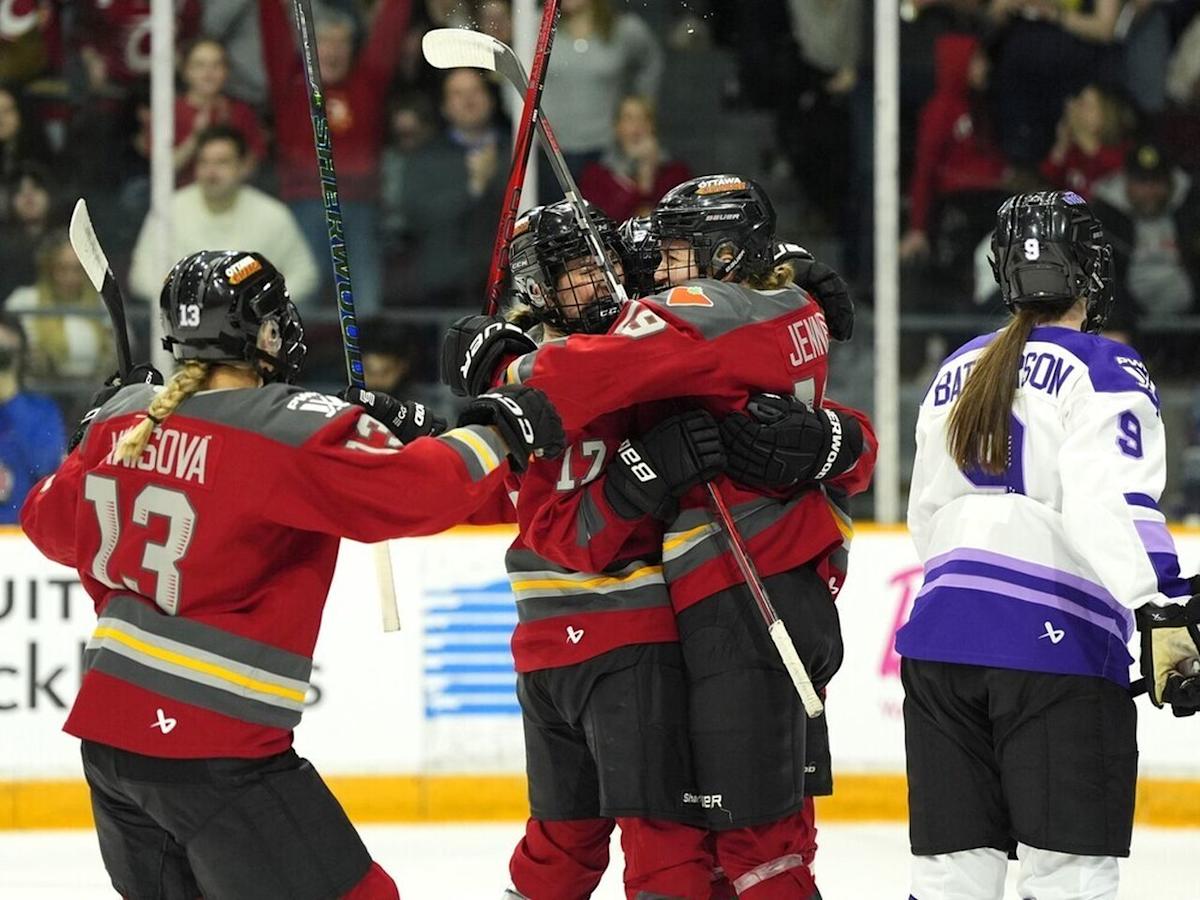Beckie Scott has worn many hats throughout her career. From winning Olympic gold in cross-country skiing to advocating for athletes on the International Olympic Committee and fighting for clean sport as a member of the World Anti-Doping Agency, she has long been a leader in the sports world.
Since 2017, Scott has served as the founder and CEO of Spirit North, a non-profit dedicated to empowering Indigenous youth through sport. Now, she’s taking on a new challenge.
On Monday, Scott was officially named CEO of Nordiq Canada, the governing body for cross-country and Para Nordic skiing in Canada.
“I’m going to draw on different parts of my experience, but at the core of it all is my belief in the power of sport,” said Scott, who hails from Vermilion, Alta.
“I started as a jackrabbit in a small town in Alberta, became an Olympic champion, and experienced everything sport can offer. I’ve seen firsthand how it can transform lives and communities. That will be my driving force in this role.”
A Listening Tour to Start
Before making any big moves, Scott wants to listen and learn.
As of Monday morning, she had yet to meet with the full organization or speak with many individuals. Her first priority is to hear from those who are currently in the system.
“I’m calling it a listening tour,” she said. “Nordiq Canada is a national sport organization, but it’s deeply rooted in the community, and I’ve been part of this community my entire life.”
Scott’s journey to this position began last November when she was encouraged to apply as her time with Spirit North was winding down.
“After reflecting on how much I still care about the sport and believe in high-performance athletes, I decided to go for it,” she said.
A Leader and Trailblazer
Morgan Rogers, chair of the Nordiq Canada board, believes Scott is the right person to lead the organization forward.
“Beckie is a trailblazer who has achieved what others thought impossible,” Rogers said. “She had the courage to dream and the determination to make it happen. I’m excited to see her bring that same energy and passion to this role.”
Scott made history at the 2002 Salt Lake City Olympics, earning Canada’s first-ever cross-country skiing medal. She followed that up with a silver alongside Chandra Crawford in the team sprint at the 2006 Turin Games.
Now, with the 2026 Winter Olympics in Italy less than a year away, she believes the current crop of Canadian athletes has the potential to make an impact.
“I really believe in this team,” Scott said. “That was actually one of the reasons I applied for this job. There’s so much talent and promise, and I want to play a role in helping them succeed.”
She pointed to rising stars like Alison Mackie and Liliane Gagnon, who both won bronze at the world junior and U23 championships, as signs of a bright future. Meanwhile, senior athletes like Antoine Cyr, Olivier Lavallée, and Katherine Stewart-Jones continue to make strides on the international stage.
Learning from the Para Nordic Program
Despite strong individual performances, Canada’s able-bodied cross-country program has struggled to match the consistent success of its Para Nordic team.
Even after the retirement of legendary 20-time Paralympic medallist Brian McKeever, the Para squad remains a powerhouse. Mark Arendz heads into his fifth Paralympics with 12 medals, while Natalie Wilkie has reached the podium seven times in just two Games.
Scott is eager to learn from that success and apply it to the rest of the program.
“I’m not yet fully familiar with what has driven the Para Nordic team’s results, but I want to dig in and understand it,” she said. “There’s a lot we can take from their approach and apply elsewhere.”
Putting Athletes First
Above all, Scott’s leadership philosophy centers on the athletes.
Throughout her career, she has fought for athlete representation, whether on the IOC, WADA, or in national sports governance. With Canadian high-performance sports facing increased scrutiny over issues of toxicity and abuse, she wants to ensure athletes’ voices remain a priority.
“Progress has been made, but there’s still work to do,” Scott said.
“At the end of the day, sport exists for the athletes. They are the heart of it all. They need to be empowered, informed, and have a meaningful seat at the table. When athletes are heard, the entire system improves.”
As Scott embarks on her new role, her first conversations will be with those who matter most—the athletes.







